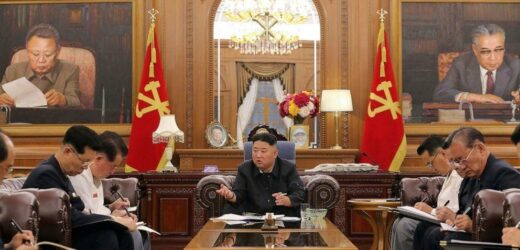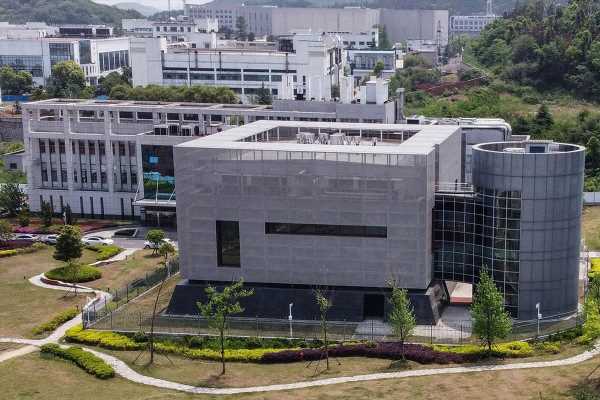SEOUL, South Korea — North Korean leader Kim Jong Un presented economic plans to senior ruling party officials before an upcoming meeting to review the nation’s efforts to overcome severe hardships amid a prolonged COVID-19 crisis, state media said Tuesday.
The Korean Central News Agency said Kim held his consultations Monday in preparation for a meeting of the Workers’ Party’s powerful Central Committee to discuss state affairs for the first half of 2021. The meeting was set for early June and could take place as early as this week.
Kim’s plans were not specified but were described as intending to bring “tangible change” to stabilizing the economy and people’s living conditions.
The North Korean economy has been crippled by decades of mismanagement, U.S.-led sanctions over Kim’s nuclear weapons program and the coronavirus pandemic. South Korean officials say there are no signs North Korea is easing the border controls it imposed at the start of the pandemic to import more industrial and agricultural materials to boost production.
The Workers’ Party last held a plenary meeting of Central Committee members in February, when Kim ripped into state economic agencies for their “passive and self-protecting tendencies” in setting their annual goals.
Earlier in the year, at the party’s first congress since 2016, Kim urged his people to be resilient in the struggle for economic self-reliance and called for reasserting greater state control over the economy, boosting agricultural production and prioritizing the development of chemicals and metal industries. Those sectors have been critically depleted by sanctions and halted imports of factory materials amid the pandemic.
The economic setbacks have left Kim with nothing to show for his ambitious diplomacy with former President Donald Trump, which failed to bring the North sanctions relief, and the North has so far ignored the Biden administration’s calls to resume dialogue.
Some experts say Kim could use the upcoming Central Committee meeting to address the stalled nuclear diplomacy.
Source: Read Full Article


